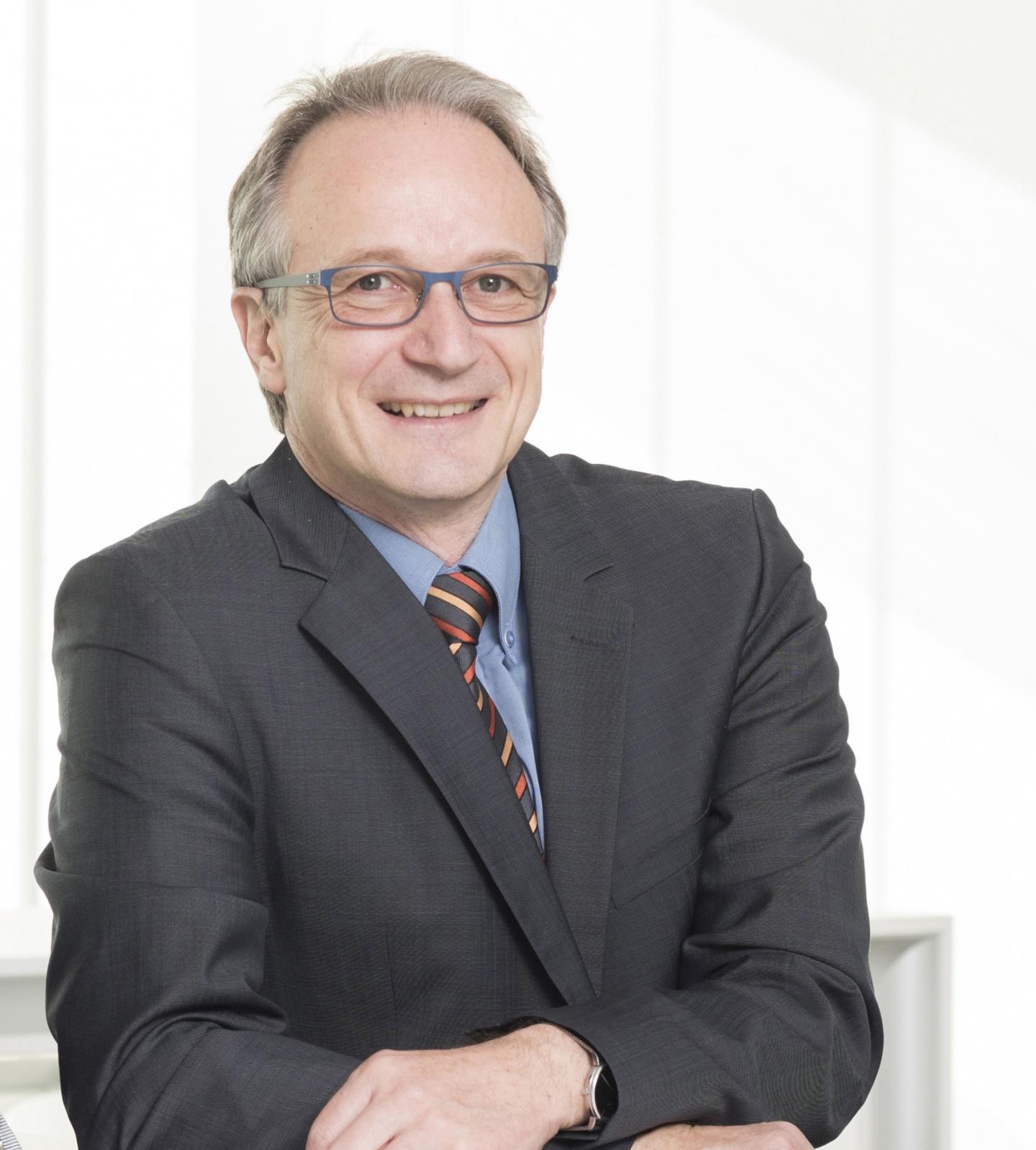
Credit: Ingo Peters / University of Wuerzburg
“With your work, you have transferred dye chemistry to modern times.” This praise, expressed by the President of the Gesellschaft Deutscher Chemiker (GDCh), goes to Professor Frank Würthner, Chair of Organic Chemistry II at Julius-Maximilians-Universität Würzburg (JMU) in Bavaria, Germany.
The GDCh awards Würthner for his outstanding work in the field of supramolecular polymers, particularly based on dye aggregates and their application as organic molecular semiconductors. Würthner will be presented the Adolf von Baeyer Medal at the GDCh Science Forum in Aachen in September 2019. The GDCh is the largest chemical society in Europe with members from academe, education, industry, and other areas.
Adolf von Baeyer (1835 – 1917) is one of the most important chemists of his time. In 1905 he was awarded the Nobel Prize for the synthesis of the blue dye Indigo, which was very difficult to obtain from plants in previous times. Indigo has been the most important dye for jeans for more than 100 years, but it can also be used to build solar cells.
Scientifically, Würthner has a lot in common with Nobel Prize winner von Baeyer: the dyes he develops in his laboratory at JMU are also suitable for solar technologies. They consist of complex, so-called supramolecular structures, which are able to absorb the energy of sunlight and use it for artificial photosynthesis or organic photovoltaics.
So far, the Adolf von Baeyer Medal has only been awarded once to a JMU chemist: Professor Siegfried Hünig received it in 1967, also for his dye research.
Career of Frank Würthner
Frank Würthner, born 1964 in Villingen-Schwenningen, studied chemistry at the University of Stuttgart. After completing his doctorate, he did research at the Massachusetts Institute of Technology in Cambridge (USA), at the BASF AG Color Laboratories in Ludwigshafen and at the Institute of Organic Chemistry at the University of Ulm. In 2002 he moved to the University of Würzburg.
Würthner has received several awards for his work, most recently an ERC Advanced Grant from the European Research Council, endowed with 2.5 million euros. For many years, he has been among those German chemists whose publications are cited most frequently by other researchers worldwide. Würthner is a member of the Bavarian Academy of Sciences and the German National Academy of Sciences Leopoldina.
Würthner’s research at JMU is carried out at the Institute of Organic Chemistry and at the Center for Nanosystems Chemistry, which is part of the Bavarian research program “Solar Technologies Go Hybrid”.
###
Media Contact
Dr. Frank Wuerthner
[email protected]




